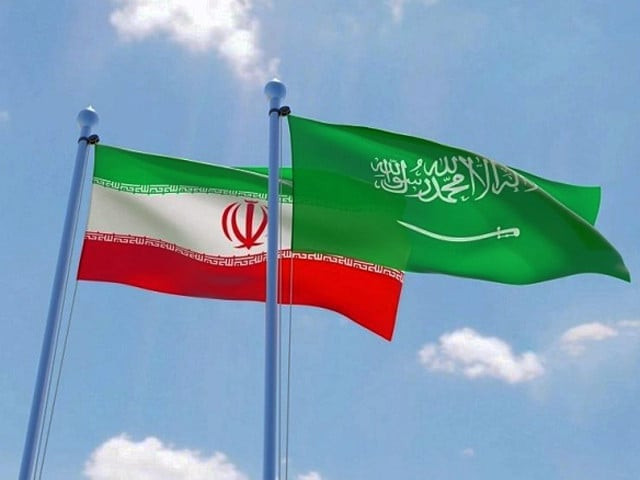The recent diplomatic engagement between Iran and Saudi Arabia in the nuclear realm has ignited discussions on the possibilities of reconciliation and cooperation in historically contentious regions. This development serves as a compelling case study, raising the question: if former adversaries like Iran and Saudi Arabia can embark on a path of nuclear cooperation, why not consider a similar trajectory for nuclear rivals Pakistan and India?
The evolving dynamics between Iran and Saudi Arabia, epitomised by Mohammad Eslami's openness to collaborate with regional counterparts, including Saudi Arabia, underscore a fundamental shift in approach. Despite decades of enmity, both nations are recognising the strategic imperatives and mutual benefits of scientific collaboration, particularly in the field of nuclear technology.
For Pakistan and India, longstanding nuclear adversaries, the Iran-Saudi example offers valuable insights and a potential blueprint for reconciliation and cooperation. The benefits of such collaboration extend far beyond national borders and can positively impact regional stability, scientific advancement, and energy security.
At the core of this discussion lies the imperative for dialogue and confidence-building measures. Just as Iran and Saudi Arabia have engaged in constructive conversations to explore avenues of cooperation, Pakistan and India can initiate meaningful dialogue on nuclear matters. This could encompass areas such as nuclear safety protocols, joint research initiatives, and peaceful use of nuclear energy.
Energy security emerges as a pivotal driver for nuclear collaboration. Both Pakistan and India face growing energy demands, and nuclear power presents a viable and sustainable solution. By pooling their resources and expertise, these nations can accelerate their nuclear programs, reduce reliance on fossil fuels, and mitigate environmental impacts.
Moreover, the potential for scientific and technological advancements through collaboration cannot be overstated. Joint research projects, knowledge sharing, and capacity-building initiatives can enhance nuclear capabilities while fostering a culture of transparency and international cooperation.
The Iran-Saudi paradigm also highlights the role of diplomatic pragmatism and foresight in overcoming historical animosities. While the geopolitical landscape is complex, the pursuit of common interests, such as nuclear safety, proliferation prevention, and peaceful coexistence, can serve as a unifying force.
It's crucial to acknowledge the challenges and sensitivities associated with nuclear cooperation between Pakistan and India. Historical tensions, security concerns, and divergent policy priorities necessitate a gradual and cautious approach. Confidence-building measures, transparency mechanisms, and international oversight will be critical to ensuring the responsible and peaceful use of nuclear technology.
In conclusion, the emerging thaw between Iran and Saudi Arabia in nuclear cooperation presents a compelling narrative for nuclear rivals worldwide, including Pakistan and India. By embracing dialogue, mutual respect, and shared objectives, these nations can transcend historical grievances and harness the transformative potential of nuclear technology for the collective benefit of their societies and the broader global community.



COMMENTS (8)
Comments are moderated and generally will be posted if they are on-topic and not abusive.
For more information, please see our Comments FAQ